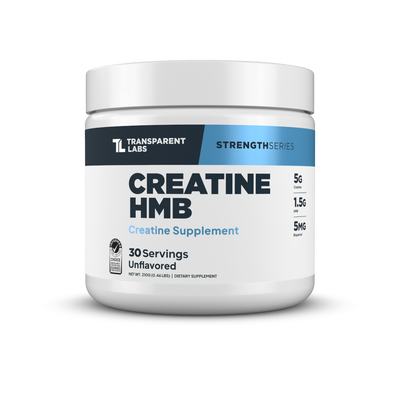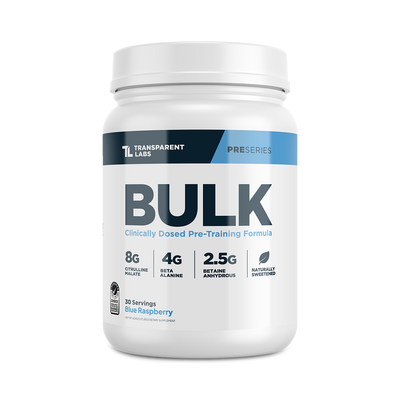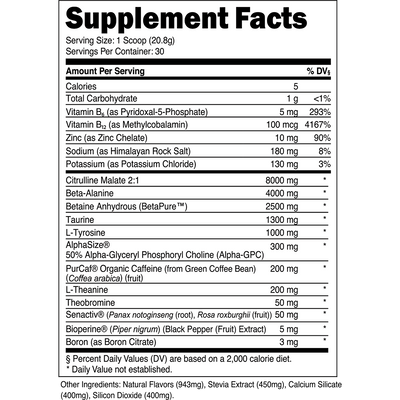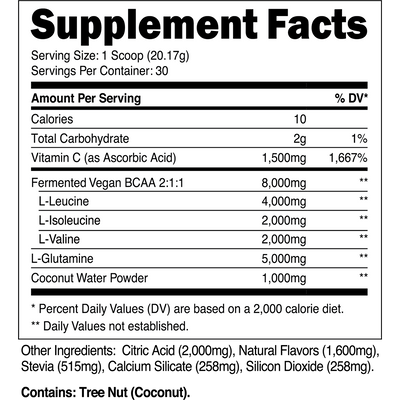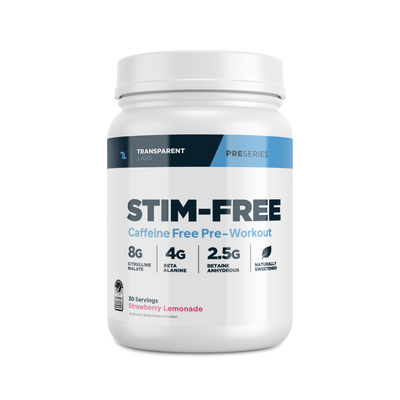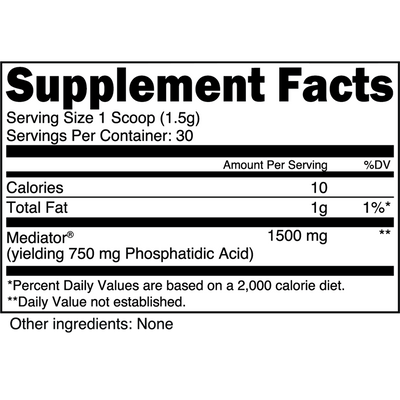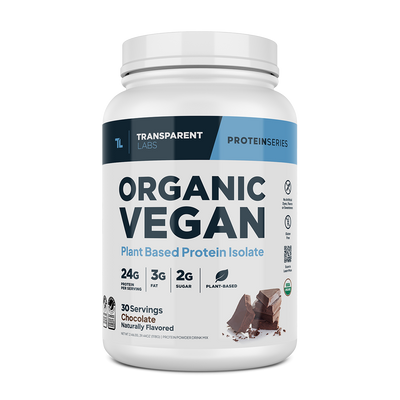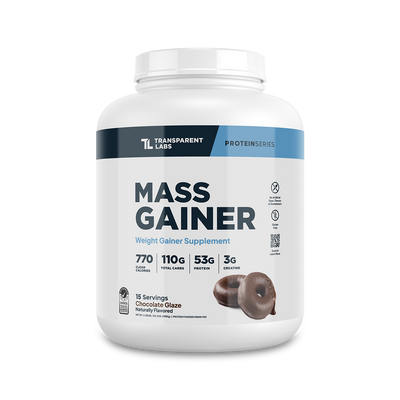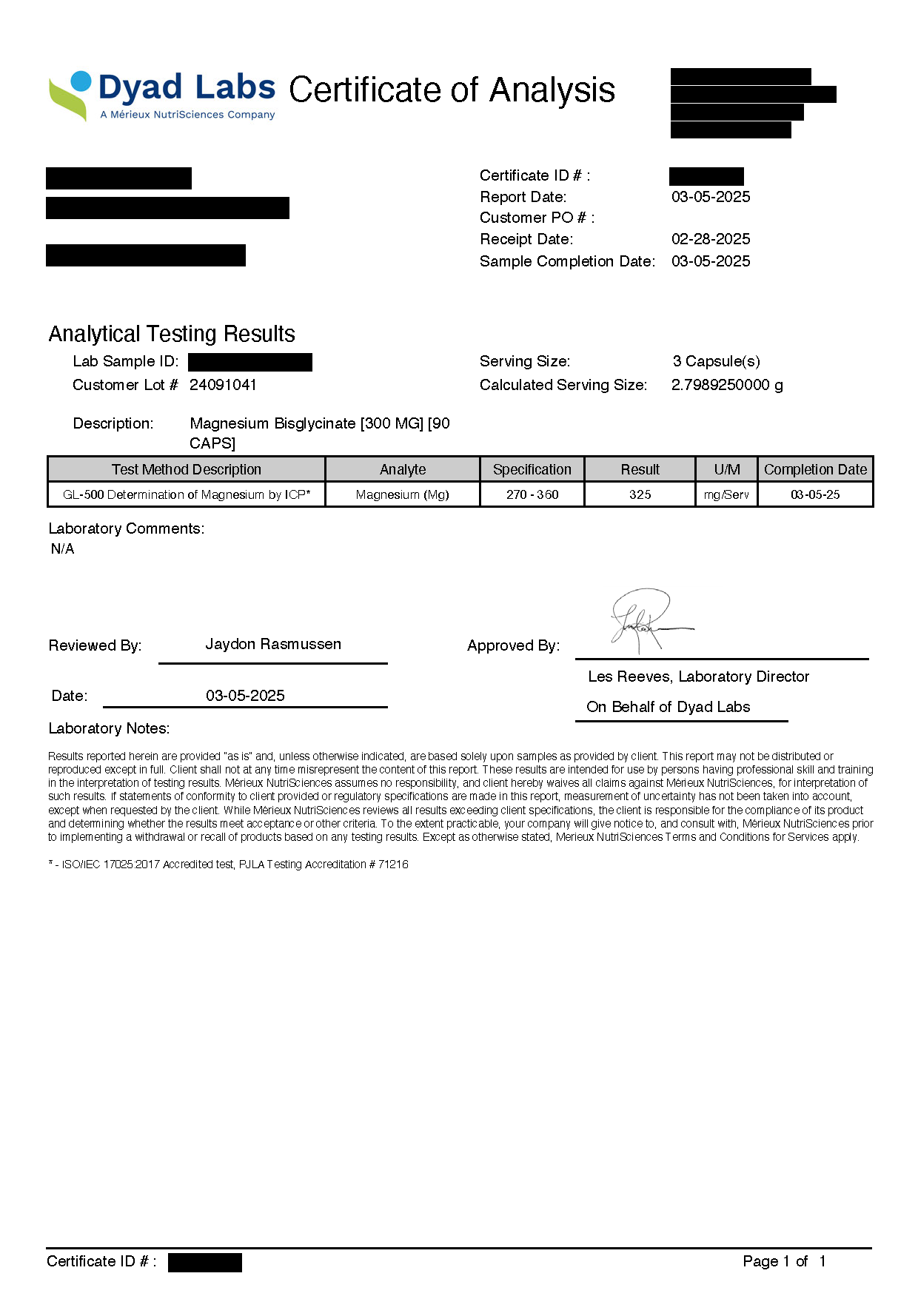
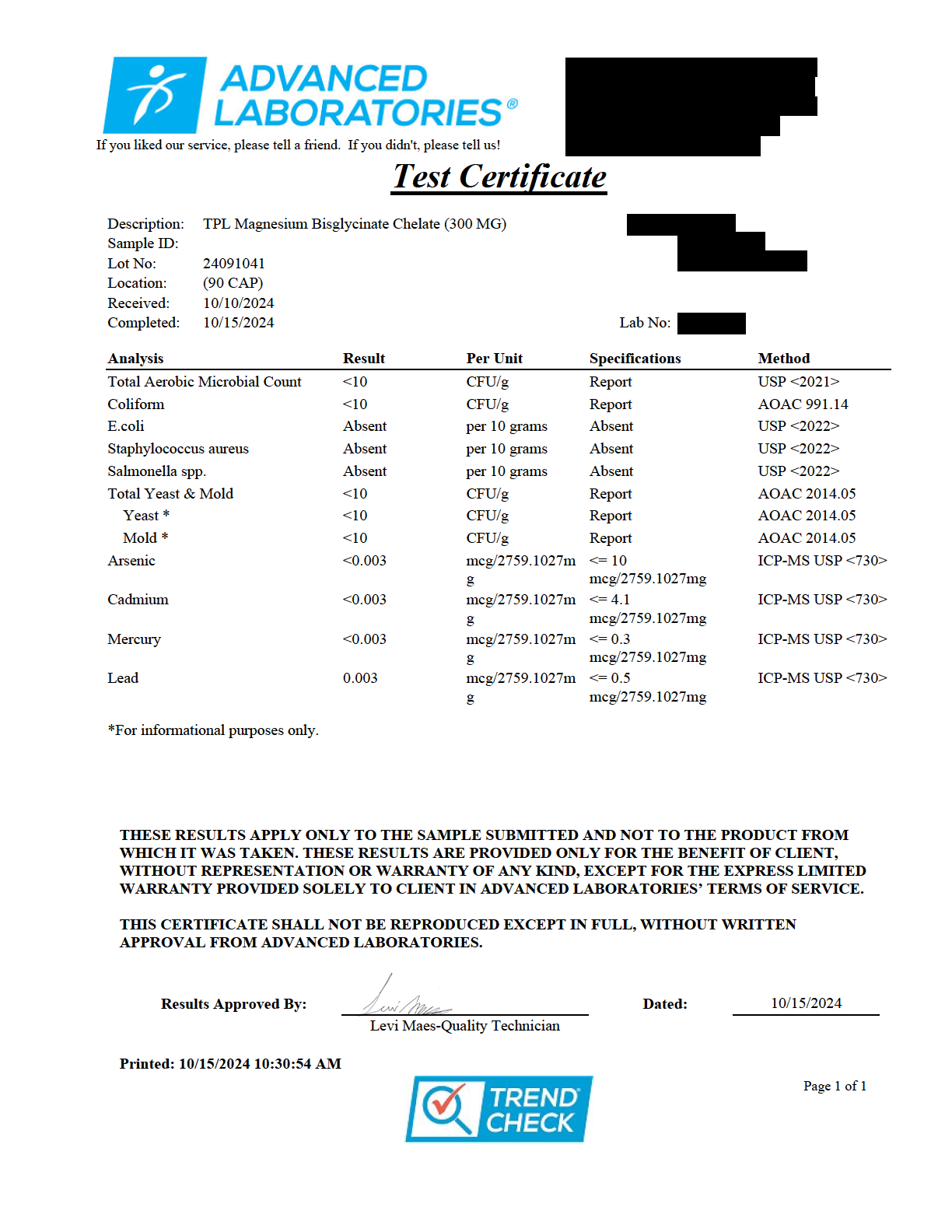
4.81/5.0 118 Reviews
Magnesium Bisglycinate
High Absorption Mineral
Increasingly more health-conscious consumers, athletes, and gym-goers are showing interest in magnesium supplementation, as a growing body of research suggests that magnesium is often lacking in the... View Ingredient Breakdown

Bestseller

Increasingly more health-conscious consumers, athletes, and gym-goers are showing interest in magnesium supplementation, as a growing body of research suggests that magnesium is often lacking in the Western diet, resulting in a population-wide magnesium deficiency.
Transparent Labs Magnesium Bisglycinate capsules provide 300 mg of highly bioavailable magnesium (as chelated magnesium bisglycinate) per serving to fill dietary magnesium gaps and support overall intake.
Unlike many magnesium forms (e.g., magnesium citrate and magnesium oxide), magnesium bisglycinate does not cause a laxative effect in large doses and is gentle on the gastrointestinal tract. This makes it ideal for ongoing use and maintaining adequate magnesium levels in the body.
No Artificial Sweeteners
No Artificial Coloring
Gluten-Free and Non-GMO
How Much Magnesium Do I Need Per Day? | The recommended daily allowance (RDA) for magnesium varies throughout the lifespan and between sexes. Adult males typically require more magnesium than adult females (400 mg per day vs. 310 mg per day, respectively), and pregnant/lactating women generally need more magnesium, upwards of 350 mg per day, than women who aren't carrying or nursing. |
What Form of Magnesium Should I Be Taking? | If you're not getting enough magnesium, we recommend the highly bioavailable and non-laxative magnesium bisglycinate form. Studies show that amino acid chelates and organic salts of magnesium, such as magnesium bisglycinate and magnesium taurate, tend to be the most bioavailable magnesium forms [11]. In other words, your body can absorb more elemental magnesium in these forms. |
What Is Elemental Magnesium? | Elemental magnesium is the amount of magnesium itself in a magnesium supplement. It may or may not be the same as the dose listed next to the magnesium ingredient(s) in a supplement formula. For example, magnesium citrate — usually a 1:1 ratio of magnesium to citric acid — only provides about 11% elemental magnesium by mass. |
What Does Magnesium Bisglycinate Do, Exactly? | Magnesium bisglycinate supports various physiological functions such as muscle and bone health, nervous system regulation, and cardiovascular health. It is well-regarded for its high bioavailability and calming effects, making it particularly useful in managing stress, anxiety, and sleep disorders. |
What Time of Day Should I Take Magnesium Bisglycinate? | Magnesium bisglycinate can be taken at any time of day, preferably with food to enhance absorption. However, due to its calming effects, many individuals find it beneficial to take it in the evening to promote relaxation and stress reduction (which can facilitate better sleep quality). |
Can You Take Magnesium Bisglycinate Every Day? | Yes, magnesium bisglycinate can be taken daily, provided it is within the recommended dosage. Regular intake is often recommended to maintain optimal magnesium levels and support overall health. Magnesium toxicity, as a whole, is rare, but individuals with kidney problems may be at a greater risk of elevated serum magnesium levels and should consult their healthcare professional before taking supplements. |
Who Should Not Take Magnesium Bisglycinate? | Individuals with severe kidney disease or those who have been advised by their healthcare provider to limit magnesium dietary intake should avoid magnesium bisglycinate (and other supplements containing magnesium). |
Magnesium Bisglycinate Chelate | 300mg | Magnesium is a macromineral electrolyte and cofactor (read: "helping hand") in over 350 enzymatic reactions in the human body. Its multifaceted roles make it essential for numerous body functions, including energy metabolism, protein synthesis, neuromuscular conduction, mood, cognition, cardiac contractility, and immunity [2].
Some researchers have gone so far as to declare magnesium deficiency, whether clinically diagnosed or not, a public health crisis and a significant risk factor for epidemic diseases like type-2 diabetes and heart disease [3]. Even subclinical magnesium deficiency in older adults is associated with an increased risk of metabolic syndrome, chronic oxidative stress, endothelial dysfunction, mental health disorders, and many other debilitating conditions [4].
Magnesium is especially crucial for assisting anionic phosphate transfers throughout cells. Since adenosine triphosphate (ATP) is the veritable "energetic currency" of cells, humans and many other organisms depend on magnesium to carry out vital metabolic processes. For example, magnesium is necessary for [5]:
One of the most bioavailable forms of this essential mineral is magnesium bisglycinate—a chelated form of magnesium where the mineral is bonded to glycine, an amino acid. This specific form is noted for its superior absorption and minimal gastrointestinal side effects compared to other forms, such as magnesium oxide [6]. The enhanced absorbability of magnesium bisglycinate can be attributed to glycine acting as a transport molecule, facilitating magnesium passage through the intestinal wall. As a result, a greater proportion of ingested magnesium is absorbed into the bloodstream, thereby increasing overall bioavailability.
Furthermore, several clinical studies have demonstrated the effectiveness of magnesium glycinate supplements (including the bisglycinate form) in ameliorating conditions such as chronic pain, insomnia, and anxiety [7 ,8, 9]. In contrast, magnesium oxide, though widely used in dietary supplements, has several limitations.
It has a lower bioavailability, often quoted at around 4%, due to its rapid transit through the gastrointestinal tract, leading to a laxative effect and reduced systemic magnesium uptake [10]. |







